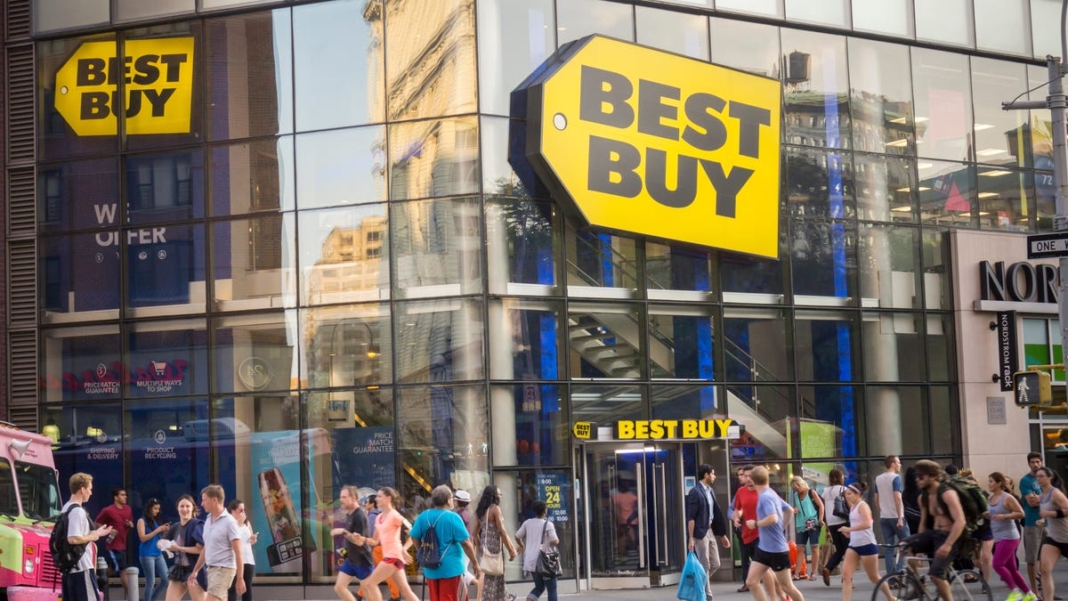
When the COVID-19 pandemic disrupted the lives of consumers across the U.S., retailers faced a grim reality: store closures. While some are bouncing back — and in some places quicker than others — analysts say that store closures aren’t done yet.
“We’ll continue to see a lot more store closures,” said R.J. Hottovy, a researcher at the analytics company Placer.ai. “And I think it’s across a lot of categories, not just dollar stores.”
Advertisement
Some of those categories include pharmacies, home furnishings, and consumer electronics, he added.
Advertisement
As some retailers grapple with too much inventory — and with cost-cutting an attractive path to profitability — one way for retailers to succeed is to reduce the number of physical stores they operate.
Advertisement
Best Buy, for example, will look to reduce its glut of inventory by closing about 10 to 15 stores during the first half of its 2025 fiscal year. That’s on top of the 24 locations it already closed during the previous fiscal year. CEO Corie Barry told investors late last month that the Minnesota-based retailer also plans to layoff employees.
Read more: American retail’s tangled mess of too many stores, too much product, too much inflation
Advertisement
Hottovy said retailers are learning how to do more with less. Best Buy has piloted smaller-format stores, which serve primarily as distribution centers.
Macy’s said it made plans to close 150 stores over the course of three years to focus on its smaller upscale stores, Bloomingdale’s and beauty company Bluemercury. The closures also mean reducing the retailer’s presence at malls.
Advertisement
Earlier this month, shoe retailer Foot Locker said it would close 140 of its stores. The retailer’s stock plummeted by 28% after it reported a loss for its holiday-quarter earnings and said its profit goal would be delayed two years.
Jerry Sheldon, vice president of the market research firm IHL Services, said circumstances vary for each retailer, especially those that cater to lower-income shoppers. Discount retailers will need to consider the different spending habits of their customers, he said in addition to elevated labor shortages and theft, which ultimately bite into their bottom line.
Advertisement
“It’s a different animal,” said Sheldon.
In Dollar Tree’s latest earnings report, the discount retailer said it would close almost 1,000 of its Family Dollar locations after it lost $1.7 billion in its fourth quarter. By contrast, Dollar General said it would expand its footprint with 800 new store openings as shoppers continued to pile up on food to cook at home.
Source: qz.com



